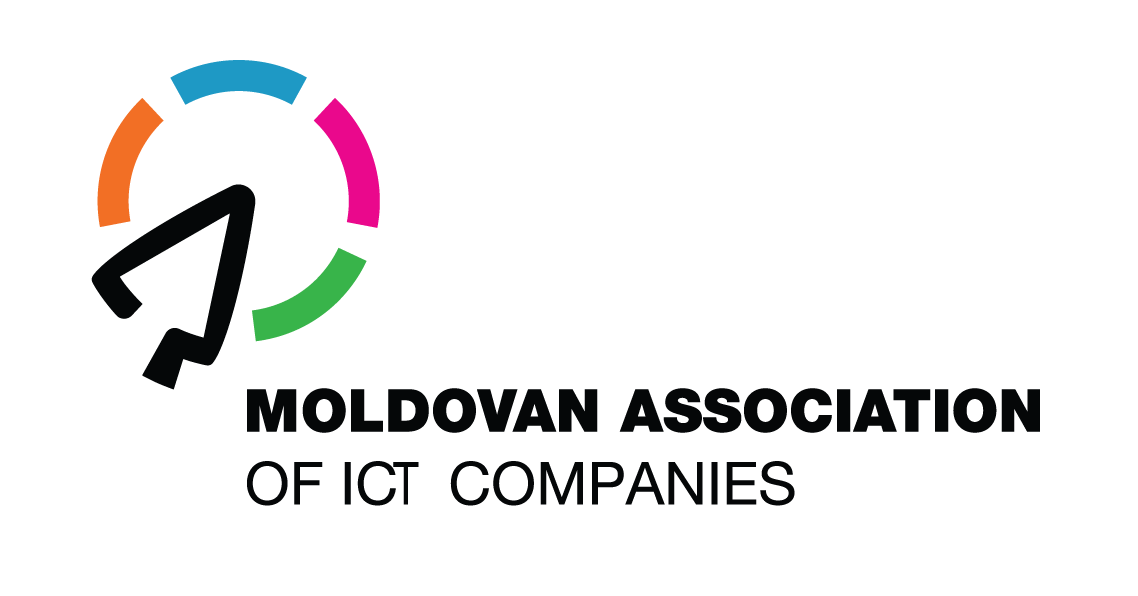

ATIC Committees
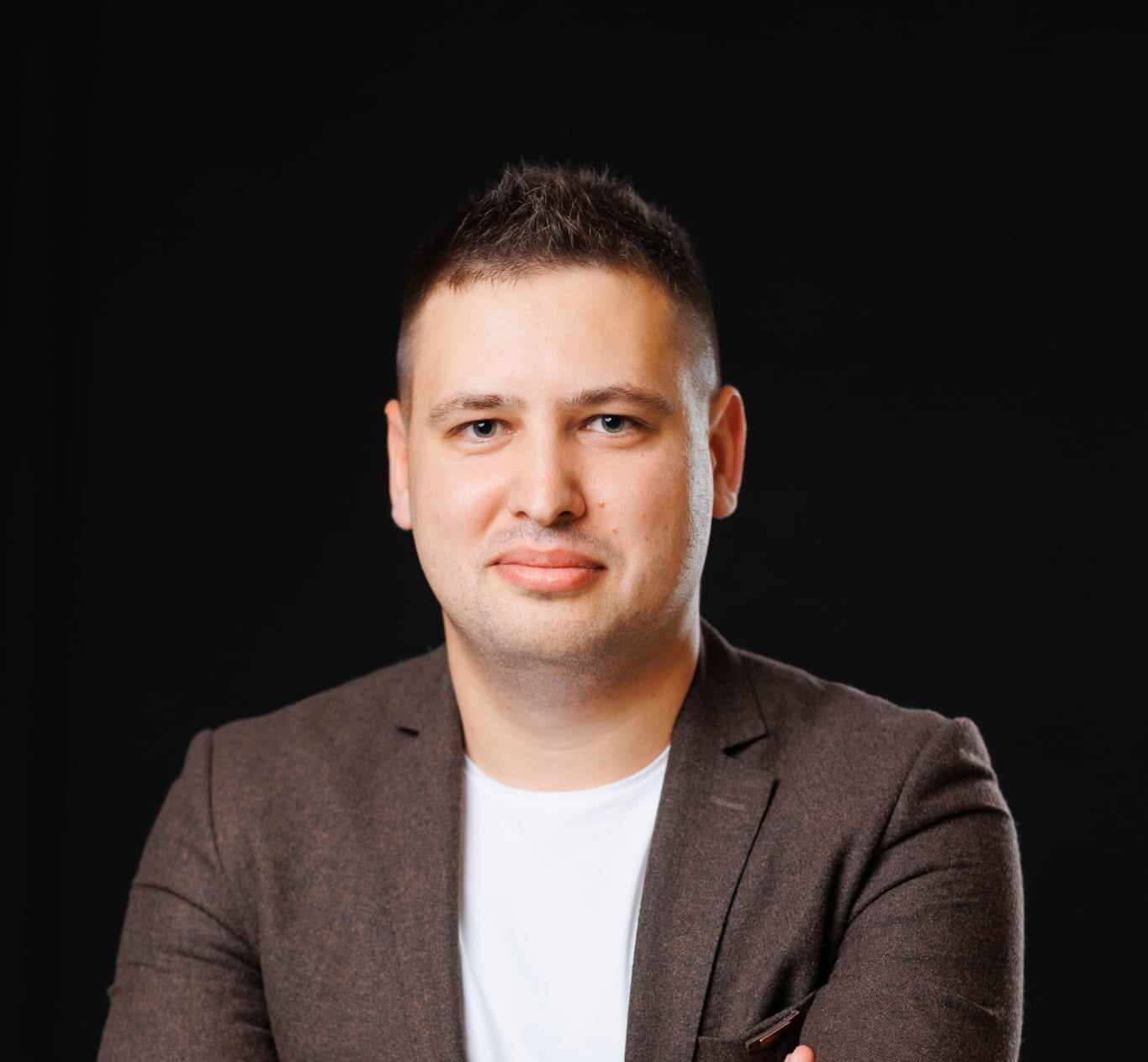
Andrei Jizdan
President of the Fiscal Committee
The Fiscal Committee addresses authorities and community on special initiatives to promote the industry, advocates for innovative fiscal and tax improvements in the field of IT and Communications, for an increased the role of ICT in the administration and for the promotion of incentives, Moldova IT Park special regime and projects aimed at maximizing this sector’s potential of contributing to Moldova’s development.
The Fiscal Committee initiatives are subsequent to achieving transparency and predictability of the fiscal legislation, modernization of the fiscal system, modernization of the tax authorities and balanced relationship between taxpayers and fiscal authorities.
The major themes the Fiscal Committee advocates for are:
- Transparent and predictable amendments to the Fiscal Code and Fiscal Procedures Code;
- Promote digitalization of fiscal authorities;
- Reduce reporting for the ICT sector;
- Promote modern fiscal concepts and means to foster value-added economy;
- Exclude any potential overcharging of the ICT sector;
- Promote competitive tax regime for the IT sector, especially IT Parks regime;
- Provide feedback on normative acts to ensure their applicability.
Members have the opportunity to actively and directly participate in defining, developing, discussing, and resolving issues impacting the operations of their businesses in Moldova. Please contact the executive team in order to join the Committee.
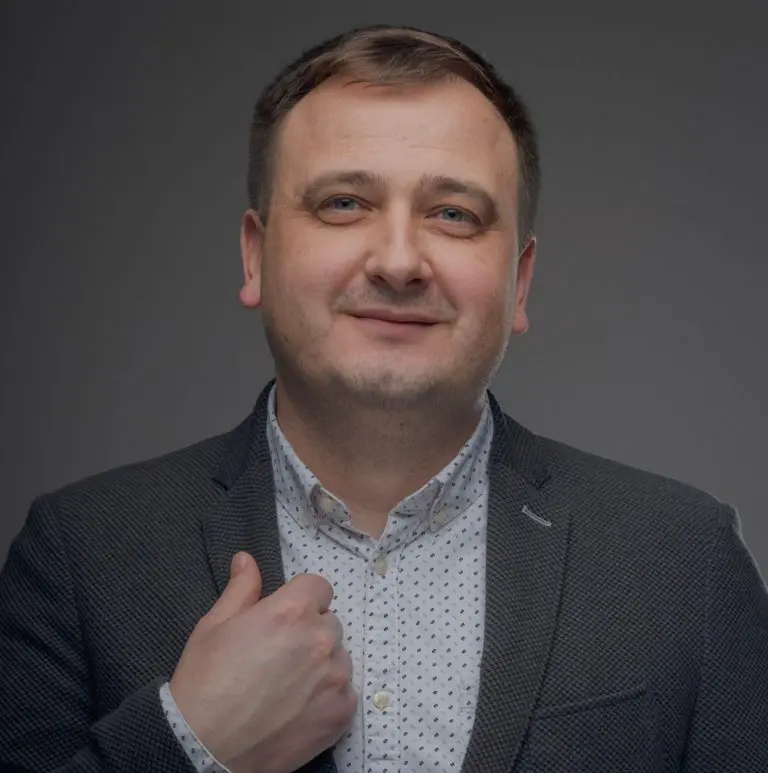
Dorian Doronceanu
President of the Legal Committee
ATIC Legal Committee reviews the developments in the main legal fields relevant for IT and Communications-related business activities in the Republic of Moldova, such as company law, labor law, legal compliance, data protection, intelectual property regulations and competition law. The Committee deepens its interest into new areas of legislation and makes policy suggestions – e.g. in the areas of data privacy and digitalization.
The main objective of the ATIC Legal Committee is promote Moldova’s legal digital transformation, while aligning to international best practices – rethinking organizations and processes, and changing behavior so the interaction within and with the business sector to be delivered more efficiently to people:
As part of this transformation, the Committee will focus on:
- IT parks regime;
- Data Protection;
- Labor Law;
- Intelectual Property Rights and related rights;
- Interoperability;
- Communications & Infrastructure;
- Cybersecurity;
- E-commerce;
- Promote E-governance solutions, emerging solutions in the public sector – automation and artificial intelligence;
- Provide feedback on normative acts to ensure their applicability.
Members have the opportunity to actively and directly participate in defining, developing, discussing, and resolving issues impacting the operations of their businesses in Moldova. Please contact the executive team in order to join the Committee.
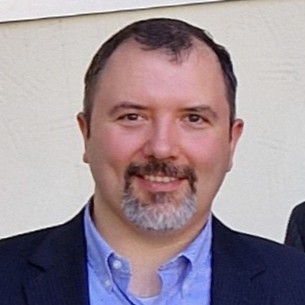
Eugen Galamaga
President of the HR and Education Committee
The HR and Education Committee addresses the Future of ICT sector as a strategic priority and is committed to contributing to ensuring a coherent labor legislation framework matching the digital, social and economic dynamics, responsive to employees’ and employers’ needs and expectations, fully compliant with international best practices and guaranteeing balanced relationships between employees and employers.
ATIC’s HR and Education Committee focuses on the stringent problems of the Educational System in Moldova in general and ICT higher-education system, promoting the need to fill the gap between students’ preparation and the ICT labor market’s requirements nowadays.
Current areas of focus on the agenda of the HR and Education Committee:
- Promote a comprehensive shift in the Moldovan ICT education system and a focus on adapting the educational content to the current societal needs;
- Increase engagement with higher-education institutions to identify their needs and ways in which the private sector can support them;
- Focus on the needs of primary and secondary education institutions to identify ways in which the private sector can support them;
- Promote flexible work relations via Labor Code;
React to labor related initiatives to ensure compliance with the dynamics on the Moldovan labor market; - Provide feedback on normative acts to ensure their applicability.
Members have the opportunity to actively and directly participate in defining, developing, discussing, and resolving issues impacting the operations of their businesses in Moldova. Please contact the executive team in order to join the Committee.
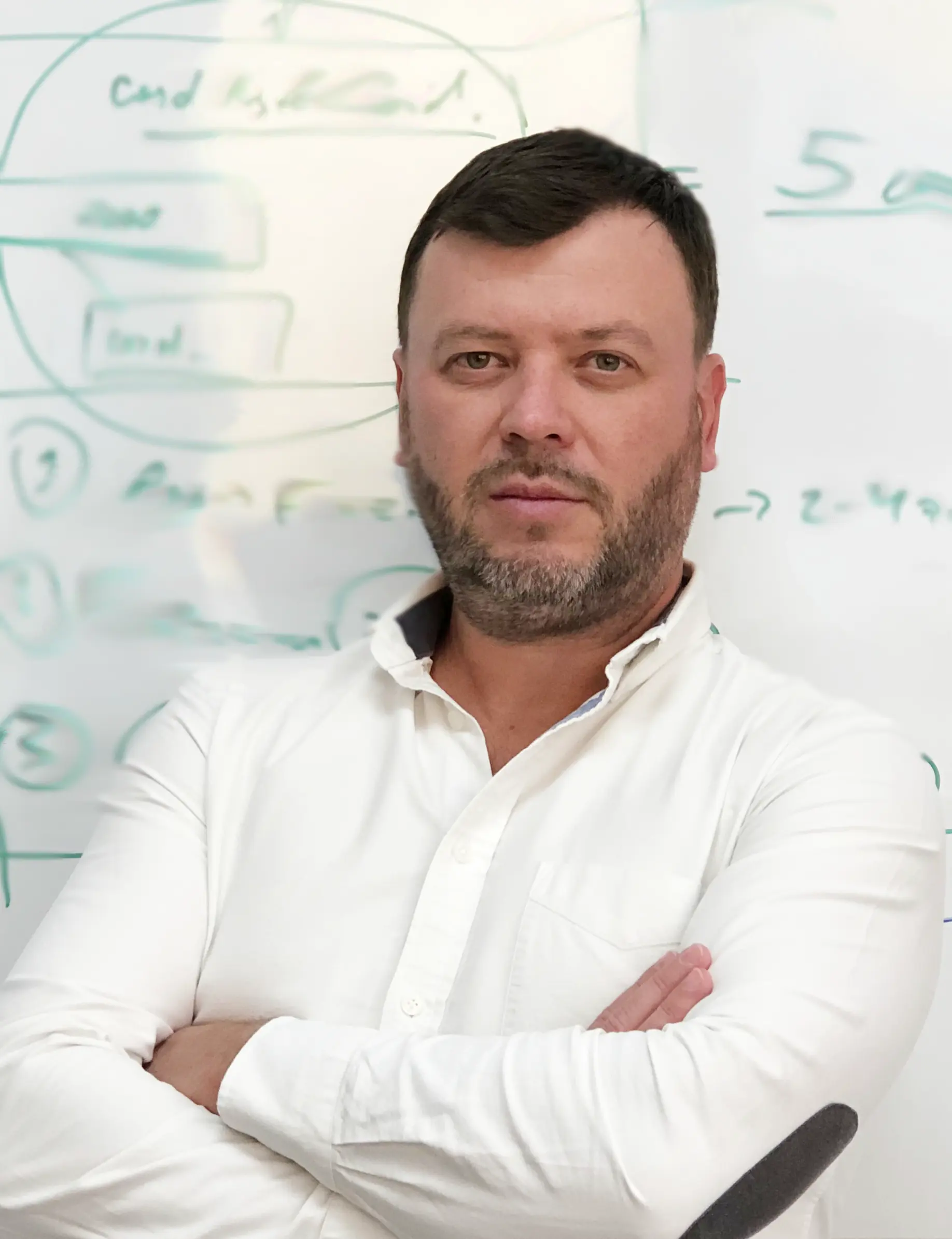
Calin Gryadchenko
President of the Fintech Committee
Objectives:
- Advocate – Advocate for the development of proportionate and effective regulation.
- Collaborate – Identify symbiotic partnership opportunities to collaborate with organisations who share similar goals and/or complementary business models.
- Educate – Leverage extensive workshop and training opportunities led by industry experts to drive education and development opportunities.
Tasks:
- Advocate:
1.1 acting as an advocate for best practices in Fintech.
1.2 advocate for the implementation of PSD2 (Payment services (PSD 2) – Directive (EU) 2015/2366) in Moldova.
1.3 Supervise the reforms, draft laws that might affect the sector.
1.4 Identify, propose improvements to the existing or draft laws.
1.5 Work on the legal framework dedicated to crowdfunding. - Collaborate
2.1 Organize/Identify oportunities for organizing meetings with the participation of the National Moldovan Bank as well as of the National Commission of the Financial Market on issues raised by the Committee Members.
2.2 The creation of a forum, and ultimately a community, where members can discuss,debate and develop the Fintech sector in Moldova
2.3 Formulate and drive trends for the Fintech sector.
2.4 Potentially coordinate the Fintech Committeee. - Educate
3.1 Participate directly or indirectly in the organization of workshops and events with the participation of international experts.
3.2 Identification of the global practices and trends in Fintech.
Organize public meetings in order to foster the interest on FinTech subjects(E.g. students).
Current areas of focus on the agenda of the Fintech Committee:
- The implementation of PSD2 in the Republic of Moldova;
- Promote the development of E-commerce;
- Alternative payment solutions;
- Crowdfunding;
- Promotion of Fintech market development.
Members have the opportunity to actively and directly participate in defining, developing, discussing, and resolving issues impacting the operations of their businesses in Moldova. Please contact the executive team in order to join the Fintech Committee.
Mission:
The Telecom Committee within ATIC is committed to advancing the interests of technology and innovation companies operating in the telecommunications sector. The committee aims to foster collaboration, address industry challenges, and promote the growth of the telecommunications industry in Moldova.
Objectives:
- Industry Advocacy: Advocate for policies that support the growth and sustainability of the telecommunications sector in Moldova. Engage with regulatory bodies and government agencies to provide insights and recommendations.
- Knowledge Sharing: Facilitate the exchange of knowledge, expertise, and best practices among member companies. Organize events, workshops, and seminars to keep members updated on the latest technological advancements and industry trends.
- Collaboration: Encourage collaboration and partnerships among ATIC members and other stakeholders in the telecommunications ecosystem. Identify opportunities for joint ventures, research initiatives, and innovation projects.
- Policy Development: Contribute to the development of policies that promote a conducive environment for the telecommunications industry. Work with relevant authorities to address regulatory challenges and create a framework that encourages investment and innovation.
- Emerging Technologies: Stay at the forefront of emerging technologies within the telecommunications sector, such as 5G, Internet of Things (IoT), and artificial intelligence. Provide guidance to members on adopting and integrating these technologies into their operations.
- Skills Development: Support initiatives aimed at enhancing the skills and capabilities of professionals in the telecommunications industry. Collaborate with educational institutions and training organizations to promote skill development programs.
Membership:
Membership in the Telecom Committee is open to ATIC member companies actively involved in the telecommunications sector. Member companies may include telecommunications service providers, equipment manufacturers, software developers, and other relevant entities.
